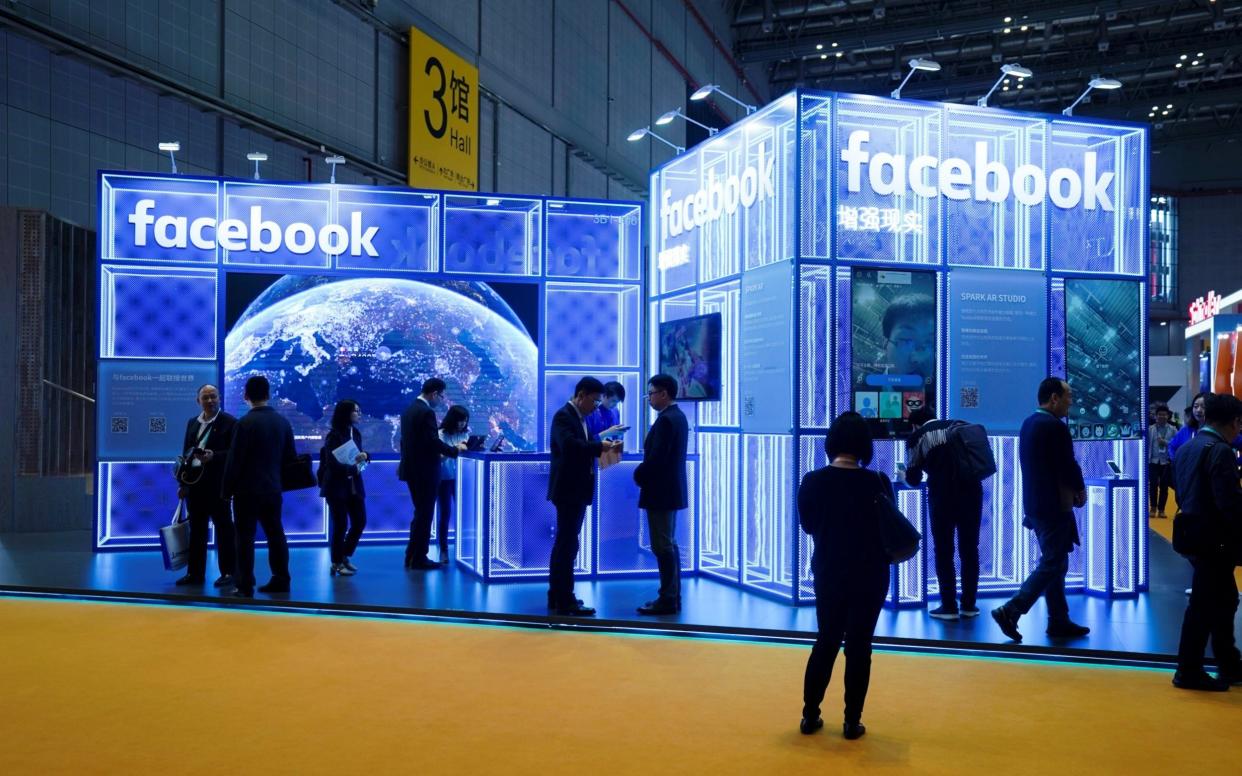Facebook breaks with Google, Apple and Amazon over UK tech tax

Facebook has broken with Google, Apple and Amazon by refusing to pass on the cost of Britain's new "tech tax" to its advertisers – for now.
The social media company, which makes almost all of its money from targeted adverts, said it had no plans to force extra fees on its customers to compensate for the Government's digital service tax (DST).
By contrast, Google announced that it would charge advertisers an extra 2pc from November 1, while Amazon imposed a similar bill on its vendors and Apple on its app developers.
The announcements call into question the value of the DST, which was intended by former chancellor Phillip Hammond to claw back some of the tax revenue that all four tech giants assiduously avoid paying in Britain.
A spokesman for Facebook said: “We are continuing to assess the full impact of the UK law and we are sensitive to any potential repercussions on customers advertising in the UK.
"At present, we don’t intend to pass on the costs of the Digital Services Tax incurred by Facebook to our UK customers.
"However, we will continue to review the impact of the DST and similar legislation being considered globally, which may affect our position in the future.”
France, Italy and numerous other countries are considering similar tech taxes targeting American companies, provoking anger from the United States government.
A report from TaxWatch, a British think tank, found that Apple, Google, Cisco, Facebook and Microsoft together avoided around £763bn in tax in 2018 by booking their UK profits in other countries.
Facebook's decision will bolster its recent attempts to portray itself as a friend to small businesses amid the chaos of the coronavirus pandemic.
While the company's profits have soared to new heights under lockdown, executives argue that its cheap and powerful advertising system serves as a "lifeline" to small firms struggling to take their custom online.


